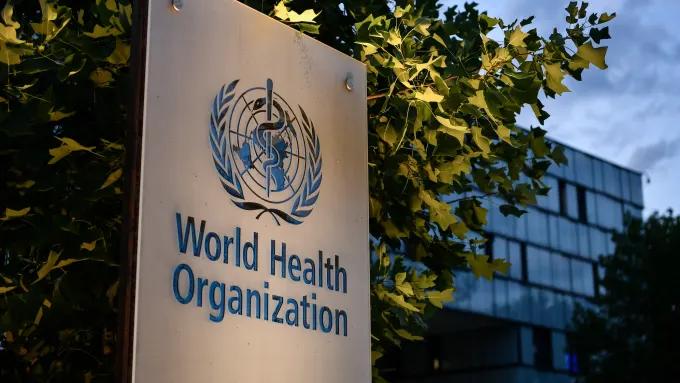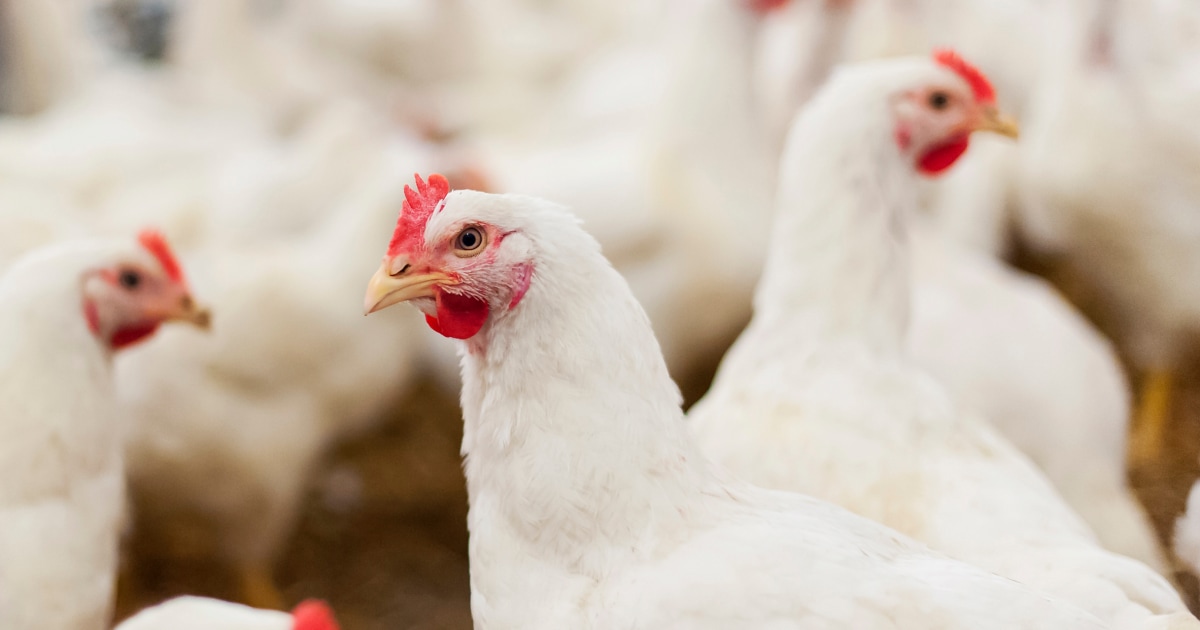The World Health Organisation (WHO) has declared the mpox outbreak a public health emergency of international concern (PHEIC), marking the highest level of global health alert under international law. The announcement was made by WHO Director-General, Tedros Adhanom Ghebreyesus, following a virtual meeting of the organisation’s emergency committee on Wednesday. The declaration came amid growing concerns over the spread of a deadlier strain of the mpox virus, known as clade Ib, which has recently been detected in four previously unaffected provinces in Africa.
This strain, known for its higher transmissibility and severe symptoms, was previously confined to the Democratic Republic of Congo (DRC). The PHEIC status is reserved for “extraordinary events” that pose a significant public health risk through the international spread of disease, potentially necessitating a coordinated global response. WHO’s decision underscores the severity of the mpox outbreak and the urgent need for international cooperation to contain it.

LEADERSHIP recalls that the Africa Centres for Disease Control and Prevention (Africa CDC) had already declared the outbreak a public health emergency of continental security on Tuesday, the first such declaration in the agency’s history since its establishment in 2017. As of this year, more than 17,000 mpox cases and over 500 deaths have been reported across 13 African countries, according to Africa CDC data. The DRC has been the hardest hit, accounting for over 14,000 cases and 96% of the confirmed infections reported this month alone.
LEADERSHIP reports that Mpox, formerly known as monkeypox, is a viral disease that spreads easily through close contact, including touching, kissing, or sexual activity, as well as through contaminated materials like clothing and bedding. The virus presents with symptoms such as fever, a painful rash, headaches, muscle and back pain, low energy, and swollen lymph nodes. For decades, mpox was primarily found in Central and West Africa, but it began spreading to Europe and North America in 2022.
WHO had previously declared a global health emergency for the spread of mpox in July 2022, which was subsequently lifted in May 2023. The mpox virus is categorized into two genetic clades, I and II, with clade Ib now being recognized for its increased transmissibility and severity. WHO officials had previously suggested that the virus could be contained “quite straightforwardly, if we do the right things at the right time.
” To bolster efforts to combat the outbreak, WHO has approved the Emergency Use Listing for mpox vaccines and developed a regional response plan requiring $15 million in funding, of which $1.45 million has already been allocated. The international health community is now being urged to step up their efforts in financing and organizing the response to this rapidly escalating outbreak.
.



















